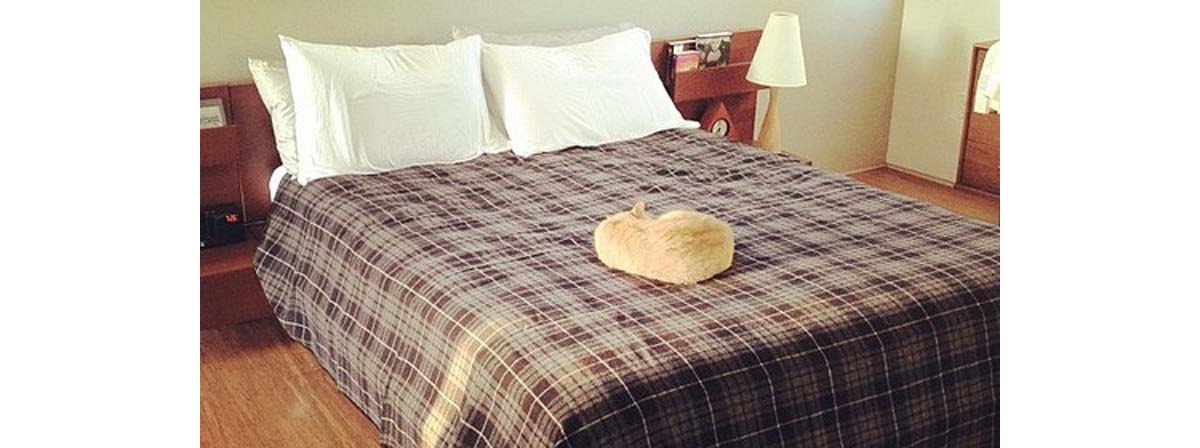Well Spring has sprung, and Summer is finally here Yippee! For allergy sufferers however, Summer can be the most dreaded season. Histamine wreaks havoc during allergy season by causing itchy nose, mouth and throat, weepy eyes, sneezing and stuffy nose, and even dark under eye circles. Additionally, since triggers vary, pin-pointing the exact cause of an allergic reaction can be very challenging. However, as the old adage goes “where there is a will-there is a way;” and following the simple lifestyle changes below, can alleviate symptoms and minimize the use of medications for many allergy sufferers, so they are not 'cooped' up inside waiting for the season to pass.

1. Diet Modification
As many individuals are allergic to some of the foods they eat, a good idea is to rotate and mix up what they eat so they are not eating the same things everyday. For example, instead of having an apple everyday, try eating an orange or a banana and alternate fruits and veggies accordingly. Additionally, adding fish, olive oil, nuts, seeds, fruits and fresh vegetables and essential fatty acids especially those from grains, such as organic hemp seed (oil), flax seed can help to alleviate seasonal allergies. Staying away from or reducing your consumption of processed foods, gluten and dairy products is also recommended since such foods produce more mucous and can cause and increase congestion and inflammation. Adding the following supplements can be also helpful:
-
Calcium
-
Magnesium
-
Selenium
-
Manganese
-
Zinc
-
Vitamins: A , B6, C, and E
-
N-Acetylene-Cysteine(NAC):Works as an expectorant with anti-inflammatory properties. The supplement thins the mucus making it easier to breathe.
-
High-Grade Oregano Oil:Histamines are responsible for swelling-the same swelling that causes congestion and allergic reactions. Oregano oil helps in 'calming the storm' for allergy and asthma sufferers by reducing the amounts of histamines found in the blood .
As with any supplement, you should always consult with your doctor to determine if supplements are safe for you, and if so-the best dosage.
2. Go Organic and Opt for Fresh Air
Since allergies are triggered by tiny particles that float around in our homes,. naturally we are generally inclined to 'scrub' our homes clean. However, oftentimes, the ingredients in cleaning agents exacerbate such conditions. 'Fresh is best': Allergy sufferers should use organic, natural-non-toxic cleaning agents, and avoid airborne pollutants including but not limited to:
-
solvents, harsh industrial chemicals and cleaning products
-
cigarette smoke, dust, dirt, dander, fragrant oils, perfumes and molds.
The ABCs: Allergies, Birds, Bees And Pollen
3. Special Care-Bedding
However odd it sounds, many individuals are allergic to feathers in many duvets, and pillows. As such, investing in organic bedding, and a good -quality and allergy-free mattress cover and pillows, and washing bedding at least once a week in the hottest temperatures allowed can prevent dust mites and reduce allergens. Cotton and latex pillows, are resistant to mold and dust mites, they are also hypoallergenic and studies have indicate they can offer more support and comfort for your back and neck. It would also be a good idea to think twice before getting that pet bird.

4. Conduct Annual House Check for Mold and Pollen:
Since mold is such a major contributor of seasonal allergies, it is a good idea to get a professional to conduct a check at least once per year. Investing in an air purification system especially one with an UV & negative ion filter will also help to purify the air. An even less expensive way to prevent and reduce mold is to invest in high-quality dehumidifiers and strategically place them in home and office corners.
5.Never Bring The Outside Inside Your Home
It is a good idea for those who suffer with allergies to shower as soon as they get back inside, since pollen and other environmental pollutants could 'infect' pillows and other bedding , as well as furniture particularly fabric sofas.
6. Rethink and Modify Get-A-Ways
Since spring brings more than lilies-stay away from the countrysides. Instead, try spending as much time as possible in places where pollen levels are lower. Research indicates that pollen levels tend to be significantly lower where there are open bodies of water, such as beaches and lakes. Speaking of which....
7. Hydrate, Hydrate and Yes..Hydrate
This is key since dehydration activates and increases histamine production, drinking enough clean, filtered water will maintain hydration, and will help to reduce allergy symptoms.
8. Flush and Detox
Drinking salt water is very common in many detoxification processes. Since research suggests that sea-salt contain anti-inflammatory properties: Adding a pinch to your drinking water will help flush toxins from the body.
9. Allergy-Proof Your Office
Since most of us spend 8-10 hours working outside the home, placing HEPA filters, de-humidifiers and salt lamps in corners in office spaces helps to reduce symptoms.
10. Extra Outdoor Protection
Spring and summer spell gardens, and upkeep. As such, while outside gardening and doing chores such as lawn-mowing, wearing a mask will help to keep allergy culprits at bay.
11. Simplify, Reduce and Replace
De-cluttering your home is always a great idea, and since carpets are perfect hiding places for allergens, replacing them with non-toxic cork, hardwood, or wool floors will help to reduce allergens in your home.
12. Keeping Tabs on Pollen
Research suggests that pollen levels are highest in the morning (5 a.m and 10 a.m.). Keeping this information in mind when planning outside chores and try scheduling as much of your appointments in the evening hours will give you more control.
Cheers to an allergy-free season!
- American Academy of Allergy, Asthma & Immunology(2013). Allergic reactions
- World Allergy Organization(2013).White book on allergy 2011-2012 Executive Summary. By: Pawankar, R., Walkter- Canonic, G., Holgate, S., and R. Lockey.http://farm1.staticflickr.com/76/173050545_e87be4b666.jpg
- farm8.staticflickr.com/7105/7276819404_bfa6e64a35.jpg
- Photo courtesy of garyfgarcia by Flickr : www.flickr.com/photos/munacra/173050545/
- Photo courtesy of jason carlin by Flickr : www.flickr.com/photos/escapist/7276819404/
- www.aaaai.org/conditions-and-treatments/library/at-a-glance/allergic-reactions.aspx
- www.worldallergy.org/publications/wao_white_book.pdf


Your thoughts on this